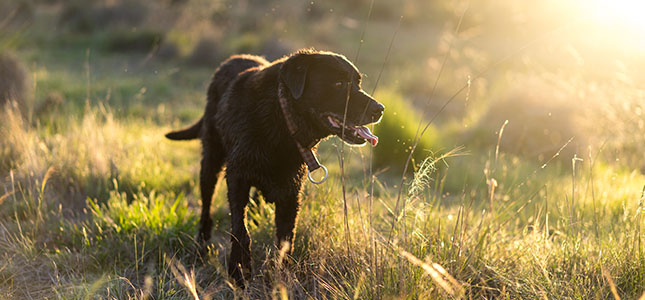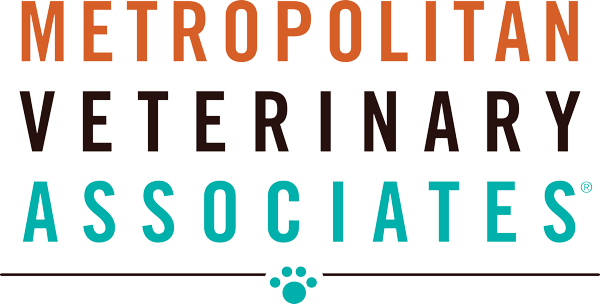
Poison Prevention Awareness
By Alyssa Mages, BS, CVT | Development and Education Coordinator
There are numerous monthly events for us to be aware of for our furry family members and falling under the umbrella of pet safety is one that should definitely be highlighted – poison awareness.
The veterinary ER sees numerous cases involving different poisonous substances frequently, and often they are ones that are found in all our homes. In some cases, it’s more prevalent to pet-proof our homes than kid-proof, but really there isn’t much difference! Keeping medications higher up and locked if necessary, cleaning products in cabinets or closets that cannot be easily accessed and reading labels of any and all substances that enter our homes to ensure they are as non-toxic as possible are all excellent preventative measures to employ. Remember, even all-natural and organic compounds can have some dangers as there are multiple plants and naturally occurring compounds that our cats and dogs do NOT tolerate.
Below are some of the top concerning toxins – or poisons – to be aware of. A more comprehensive listing of plants, medications, cleaning products, etc. can be found either on Pet Poison Helpline’s website, or the ASPCA’s.
| Category | Percentage of Cases | Details |
| Human Medications | 43% | Antidepressants (Prozac, Paxil), decongestants, acetaminophen (active ingredient in Tylenol®), NSAIDs (Ibuprofen, Naproxen, etc.), medical marijuana, cardiac or ADD/ADHD medications |
| Human Foods | 16% | Alcohol, chocolate (dark = most toxic), xylitol, raisins & grapes, onions & garlic, macadamia nuts, yeast-based dough, and table salt |
| Insecticides | 7.5% | For cats, canine topical parasiticides; all pets, sprays, granules, bait stations for ants, snails, wasps, etc. Potent organophosphates (i.e. rose care products) are of the most concern. |
| Rodenticides | 6.5% | Mouse & rat poisons that can cause uncontrolled bleeding, brain swelling, kidney failure, and/or seizures. There is an antidote for the blood thinning type, but not the others. |
| Dietary Supplements/Vitamins | 5.5% | Iron, Vit. D, alpha-lipoic acid – highly toxic in overdose situations |
| Non-Food Items | ~21.5% | Cleaning products with citrus oils, pennies (zinc), batteries, glow sticks, anti-freeze; Plants -lilies, azalea, philodendron, mistletoe, cactus |
Should you see or suspect that your pet has ingested any of these items, or is exhibiting any of the following symptoms – vomiting/diarrhea, profound lethargy, seizure activity, collapse, pale/yellowish gums, general malaise – please contact your local veterinarian if they are available, or your closest veterinary ER. Another couple of numbers to have on your go-to list are The Pet Poison Helpline: 1-800-213-6680 ($39 fee) or the ASPCA Poison Control: 1-888-426-4435 ($65 fee). The fees are in place as Veterinary Toxicologists are on-call to provide 24/7/365 support and your veterinarians will need their expertise in order to provide your pet with the specific medical care they need.
Please also remember that while there may be many viable at-home remedies for your pets, NONE of them should be administered prior to contacting either of the two hotlines above – or a veterinary professional – which is why I won’t list them here.
It’s a scary situation when a loved one be it human or animal ingests or comes into contact with a toxic substance which is why we’re happy to be here for you and your furry family members all day, every day.
Ask A Question
It’s important that our patients and their families can get to know our doctors and the facility. Ask us a question about anything for a chance to see it answered on our blog.
"*" indicates required fields
